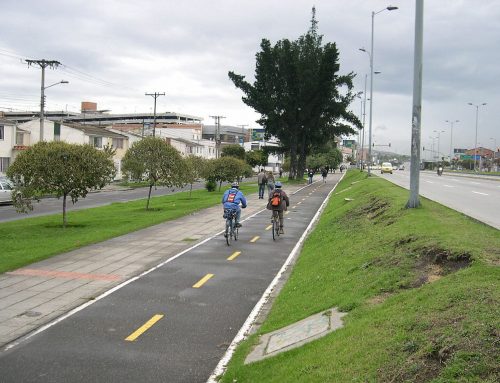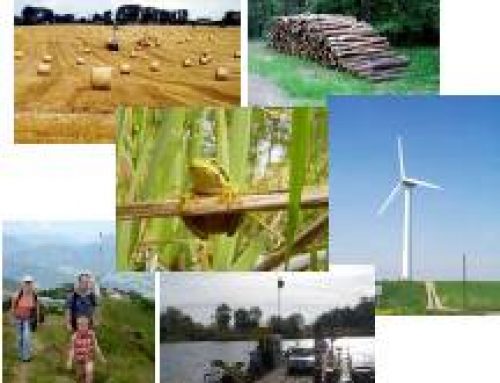Cities are tackling many environmental issues that have proved extremely challenging to deal with at larger scales. Are cities an efficient and effective scale at which to take action on challenges in the Anthropocene?
100 Resilient Cities (http://www.100resilientcities.org) is a program initiated by the Rockefeller Foundation that aims to help cities around the world become more resilient to environmental, social and economic problems. The program aims to help cities develop strategies to deal with shocks (floods, fires, storms) and stresses (such as unemployment, lack of public transportation, violence, water and food shortages). The idea is that by “addressing both the shocks and the stresses, a city becomes more able to respond to adverse events, and is overall better able to deliver basic functions in both good times and bad, to all populations.”
Cities involved in the program are provided with the resources necessary to develop a roadmap to resilience along four main axes:
- Financial and logistical guidance for establishing a Chief Resilience Officer who will lead the city’s transition to resilience
- Capacity building and support for the development of a resilience strategy;
- Access to solutions, service providers, and partners to help with implementation
- Membership in a global network of member cities who can learn from and help each other.



